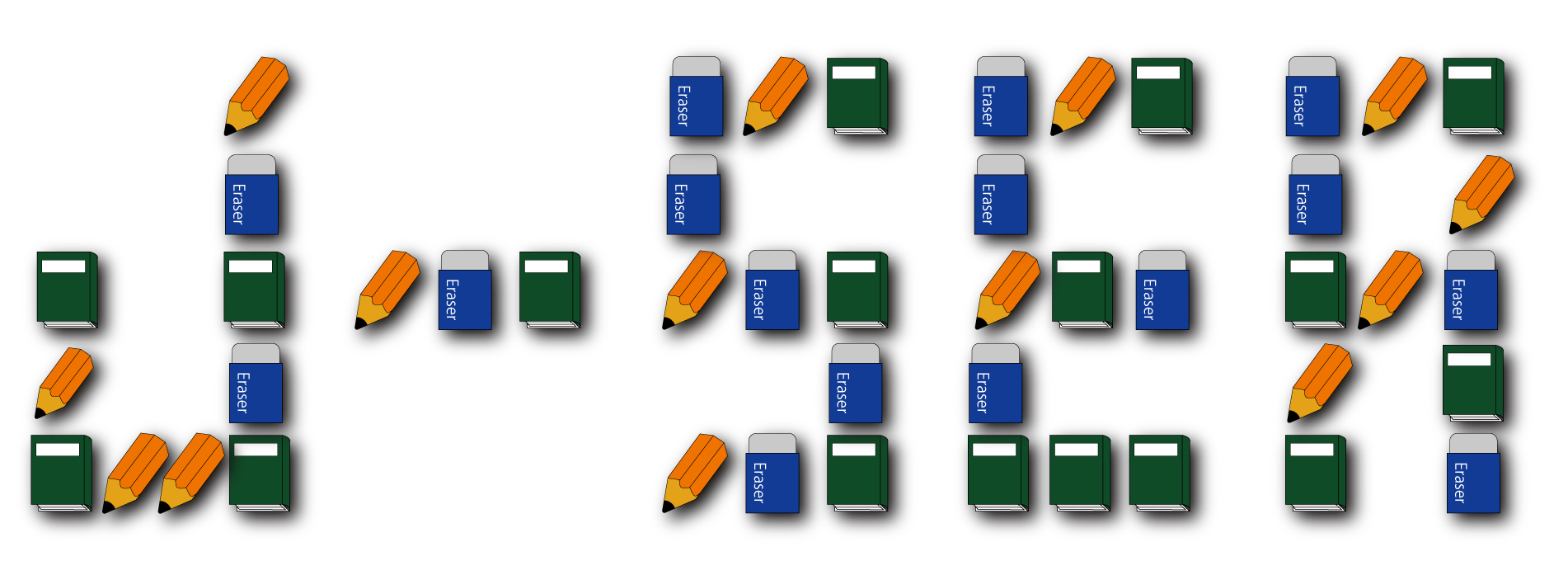Ron Read
March 16, 2021 revision/update
Profile:
Ron Read is a vice president and Osaka branch manager of Human Global Communications Co., Ltd., previously Kurdyla and Associates Co., Ltd., a communications consulting firm established in Japan in 1969. He holds a bachelor’s degree in Journalism from the University of Oregon, and before coming to Japan in 1986 worked as a radio news reporter-producer and a newspaper editor. His current duties include training and supervising technical rewriters and presentation trainers. His work also involves rewriting of technical papers, corporate communications, and academic books, as well as giving personal and group presentation training to researchers and executives. He has given seminars and classes at Kyoto University, Osaka University of Arts, Panasonic Corp., and the Osaka Chamber of Commerce and Industry, where he is a long-time member. He has collaborated with Institute of Electronics, Information and Communication Engineers (IEICE), Information Processing Society of Japan (IPSJ), Japan Society of English for Research (J-SER), and Keihanna Venture Championship (KVeCS). He serves as secretary of the Kinki Macintosh Users Group. He has volunteered as a mentor to CEOs of overseas startup companies in the Startupbootcamp Scale Osaka program. He writes a quarterly column on technical writing, “Author’s Toolkit,” for IEICE Information and Systems Society Journal (download a copy for personal use at http://hgckansai.com/downloads/). During the Pandemic, he has taught university courses and academic/business seminars from his home in Akashi, Japan.
Message:
For more than 30 years, I’ve worked within Japan’s English-services industry. Various strides have certainly been made; unfortunately, many of the previous unfavorable conditions persist. The “eikaiwa” business, like the real estate or insurance businesses, remains a sector in which the consumer must always exercise caution. Promises abound: several hundred TOEIC points gained in a few weeks by following a “special” program; an instant global sensibility acquired by conversing with happy young foreigners; fluency easily achieved by the magic of AI or other technologies. All of these wonders are promoted through glossy brochures, train posters, and websites showing images of active, energetic professionals in modern offices and sleek airports.
As for the formal education system, national and local programs for more progressive elementary and secondary school English curricula have stressed earlier introduction of English classes, more overseas instructors in class, and a greater effort at communicative language approaches rather than just grammar-translation lessons. Nevertheless, my experience with recent undergraduate university students suggests that the dominant role of English classes remains preparation for difficult entrance tests to high schools and universities, tests that have such an inordinate influence on an individual’s destiny. Young Japanese I encounter still approach English as a nearly unfathomable body of knowledge, like organic chemistry or quantum mechanics, rather than a living skill like tennis or drawing.
One bright spot in this picture is the very real motivation of researchers and scholars to develop communicative English toward achieving concrete goals in their career paths. They strongly feel the need to publish their works in international journals; they are terrified by the huge challenge of giving their first 15-minute presentation in English and, even worse, having to field questions in English. Japanese professionals in business, government, and NGOs also feel this reality-inspired pressure but not, I believe, with the intense focus of academics. Limitations of column space and time, as well as brutal competition among submissions, impose great pressure on Japanese researchers who dare to promote their work in English as a paper, poster or presentation.
I’ve been reminded by many of my Japanese friends of the inherent disadvantage non-native speakers of English face in global academia. This is true without a doubt. Recently, this disadvantage has been causing much aggravation for non-English speaking scholars caught up in the campaign by international publishers to catch plagiarism using machine-driven technology. This seemingly “sophisticated” technique turns out to be rather crude in application—the vast majority of infringements turn out to be “self-plagiarism,” which is such an easy sin to commit by authors who simply build on their own earlier work. I’m currently helping some clients to avoid this trap, but there is still no ironclad solution.
Recently, I’ve been intrigued by the unique demands for clear and persuasive technical English placed on those who must “pitch” their startup’s concepts to venture capitalists and other sources of funds. In the past couple of years I’ve mentored Japanese and overseas representatives, usually young CEOs, of startups for these very short and intense presentations. In addition, I’ve given short seminars on this special skill. Why am I intrigued? Because Japanese researchers must not only cross that difficult bridge of making their case in a second language, they must also find the delicate balance of effective self-promotion: not retreating into reserve and humility, where they may feel most comfortable, yet not going so far as flamboyant arrogance.
Japanese researchers are typically determined and resilient individuals, and I think the formidable but unavoidable challenge of expressing their work in English generally tempers their strengths. It is my great pleasure to serve the Japanese research community by developing the writing and presentation skills of its members.

